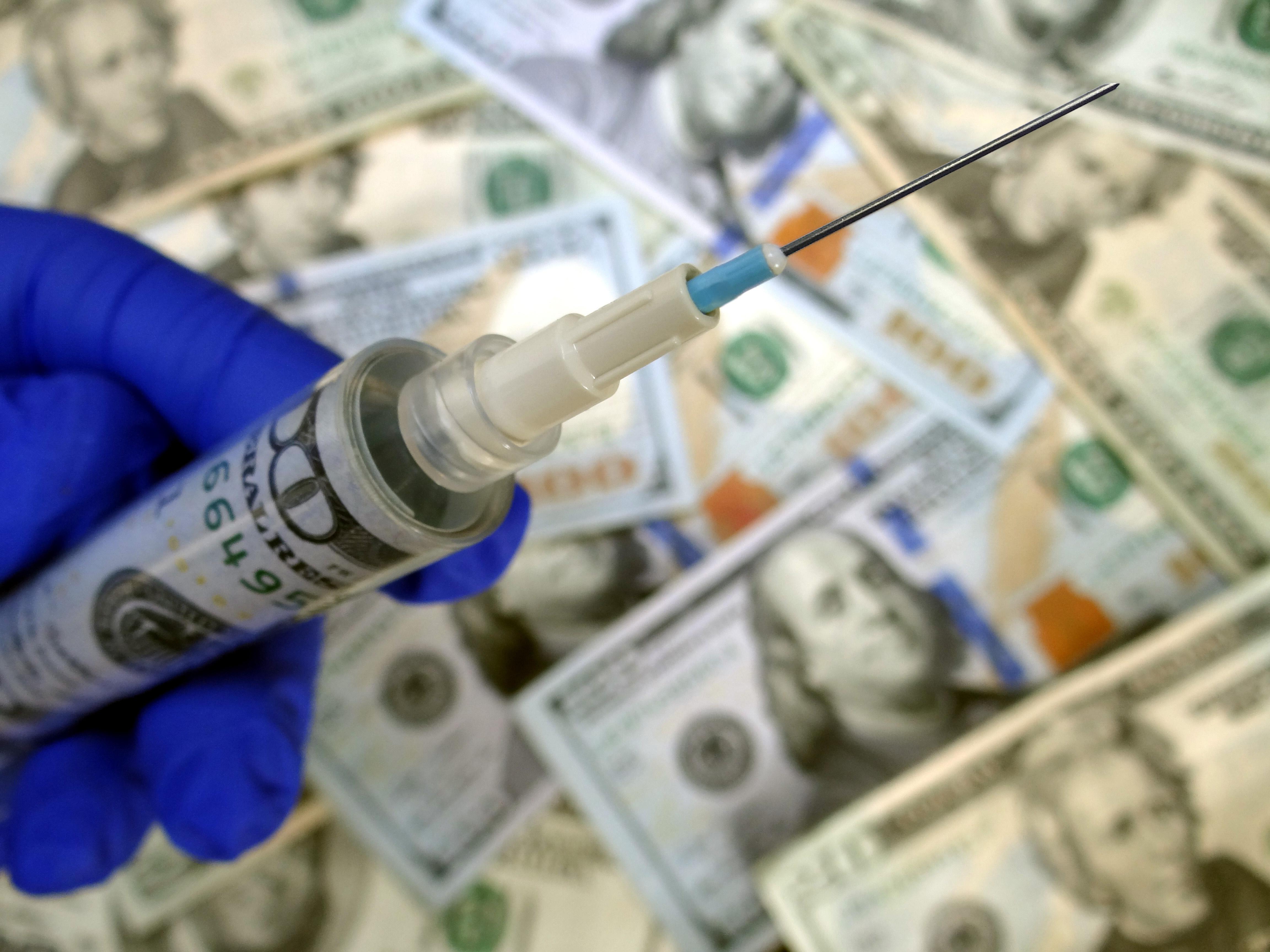
30 Jun Are Medicare supplement plans worth it?
Photo: Dodgerton Skillhause/morguefile.comQ. I’m 72 and fortunate to have very good health. My mom lived to 87 and my dad lived to 87. I take no meds and rarely visit a doctor. Do I need to have a plan to supplement Medicare? I pay for one now I’m wondering if it would be better to self-insure — not have a plan and just deal with Medicare coverage — or maybe get a less expensive plan.
A. We’re glad your health is good, but we’re wondering if you’re a gambler at heart.
Without a supplemental plan, you’d be taking some big chances.
“I always remind clients that insurance is primarily for risk management and that if they do not need to use it, that is a good thing,” said Michael Maye, a certified financial planner and certified public accountant with MJM Financial in Gillette.
Medicare supplements, also known as Medigap policies, work with Medicare Part A and B to provide additional coverage, he said. In New Jersey, there are 10 standardized Medigap plan types available (A, B, C, D, F, G, K, L, M and N).
Maye said all Medigap plans of the same letter offer the same coverage from carrier to carrier, although insurers can charge a different premium. In New Jersey, costs for a Medigap plan typically run from $85 to $200+ per month, he said.
So what is the main benefit of having a Medigap plan?
The main benefits are the extra hospitalization coverage and the Medicare Part B coinsurance, Maye said.
“When a Medicare-eligible person is hospitalized for the first 60 days, there is a $1,260 deductible,” he said. “Between 60 and 90 days of hospitalization, Medicare Part A covers all but $315 per day.”
In terms of hospitalization, Maye said, a Medigap policy steps in and covers the $1,260 deductible plus some portion of the hospitalization costs for 60 days plus, depending on the plan. Medigap Plans can also offer other benefits such as foreign travel emergency, he said.
Based on your health, you may not need the coverage, but if you can afford the premiums, is it worth taking a chance?
Put simplyy, you are healthy until you are not, and then it gets really expensive, said Jerry Lynch, a certified financial planner with JFL Total Wealth Management in Boonton.
“Medicare has a lot of gaps in coverage and that is why supplemental plans exist,” he said. “In theory, it may be better to self-insure, but one bad year will wipe out your savings and then some.”
“I don’t think the risk is worth it,” Lynch said.
Long-term care insurance is another policy people wonder about. Learn more here about whether or not it’s worth the cost.
And we’re all about planning ahead, even for the worst. Make sure your estate planning documents are in place now so they’re around when your loved ones need them.
Email your questions to .
This story was first posted in July 2015.
NJMoneyHelp.com presents certain general financial planning principles and advice, but should never be viewed as a substitute for obtaining advice from a personal professional advisor who understands your unique individual circumstances.
